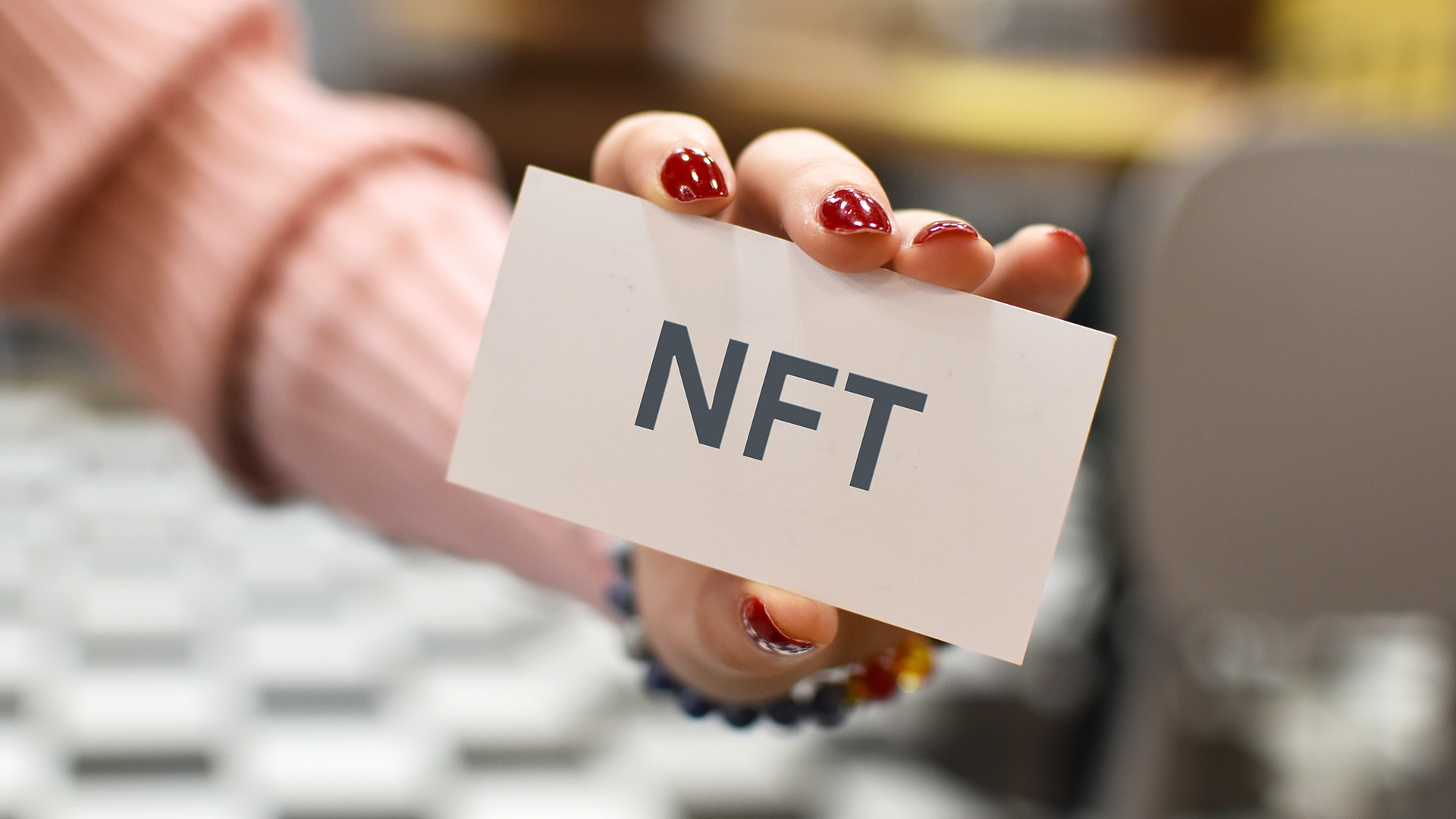Last week, I had the honor of again attending the Critical Issues Forum put on by the Council of PR Firms with some of Ketchum’s senior leadership. This year’s theme was whether or not social media truly had the power to galvanize citizens and effect change within the government — whether it was in the streets in the Middle East or the various #occupy protests taking place around the world. And, from a PR agency perspective, can a brand hope to replicate that kind of activism and truly start a movement or will it be, as Ketchum President Rob Flaherty asked, “crass opportunism?”

First up was former Obama administration Press Secretary Robert Gibbs as the keynote speaker. Our political disagreements aside – I’ll save that for another time – the former pressman spoke very eloquently about social media empowering citizens and how it’s certainly made politicians’ jobs a lot harder.
Said Gibbs, “We need to be involved each and every day in the conversation . . . we can’t bury our heads in the sand anymore.” That certainly applies to politicians as well as brands and corporations.
Some other key insights from Gibbs:
- POTUS still checks e-mail – even after all the security hassles – but no one sends him anything interesting for fear of it entering the national archive.
- There will always be someone camped in a park either literally or figuratively, so we must constantly use social media to listen and engage.
- “Twitter requires your brand to be exceedingly disciplined.” It also enables a dynamic two-way conversation, “but it also requires that.”If you think it’s hard to sell products in this environment now, “Try to sell politicians . . . the approval rating is lower than the drinking age.”
- We used to look at social media as an add-on when we’re not sure if we’ve done everything we could. “Those days are done.”
- Most meetings in the White House were focused on “communications problems” and not policy issues.
- “If all [reporters] get is a press release,” that’s not the foundation of a relationship that will last long.
- These days, more businesses are not judged by their products but by their corporate reputation.
Next was a panel led by Babson College President Len Schlesinger that included SAP Global Media Relations Director Evan Welsh, Gannet’s Chief Marketing Officer Maryam Banikarim, Target’s Dustee Tucker Jenkins, Petfinder.com’s Associate Producer Jane Harrell, and ESPN’s Gary Hoenig.
My favorite part of the panel was when the Ken Makovsky of Makovsky + Company asked the panelists if they thought it was important for CEOs and other C-suite officials to actually write blog posts they are later said to have authored. As I said on Twitter, that practice is as old as someone writing quotes from the CEO in the press release, but unfortunately, like Ken, I was disappointed that no one on the panel admitted as such and said it was a bad thing for social media when it happens.
My least favorite part of the panel was when Welsh from SAP cited a story about marketers playing bloggers under the table as “blurring the line.” From where I stand, and from where I believe Ketchum stands, that’s over the line. I was a little surprised nobody from the panel challenged that, but not surprising given the level of inauthencity they seemed OK with as displayed in my above example.
Some other key insights from the panel:
From Welsh: On social media, if we want news to get out, we should stop sending out news releases, and just send an internal memo to employees.
- From Bakarism: You shouldn’t just have the “token” social media person on your team. Everyone needs to be knowledgeable.
- From Jenkins: Our fans are better advocates than we could be. The community self-corrects, even when people mistakenly think Targét means we’re a French company!
- From Welsh: Fans, enthusiasts and third parties can defend your company on social media.
- From Harrell: The Web is social — not just Facebook, Twitter and Foursquare.
- From Hoenig: You can get just as much info from an eight-word story as a three-thousand word one. . . I’d like to think we were doing Twitter in print before it even existed online.
And then to close out the day was Pete Cashmore, founder of Mashable, to be interviewed by Len. I had the pleasure of seeing Pete interview Dennis Crowley, founder of Foursquare, at SXSW this past year. I was already a fan of Pete and his site, but it was awfully nice to hear him say things like “Marketing and PR are in a great place. The role is changing, but there is still a bigger role than ever.” He added later on in the conversation: “I was optimistic about social media before. Now I’m extremely optimistic.” Some other key advice and thoughts from Cashmore:
- On Klout: Scores like Klout have value “But when they become more about vanity . . . they become less relevant.”
- On advice to 17-year-olds: Follow the money and start a mobile media company that improves user experience.
- On Android: Android “will be the Windows of mobile” because it will be on so many devices.
- On the nature of success: Have nothing to do. Be passionate about something. Work 18 hours days until someone pays you. You’ll find we tend to succeed because we have to.
I walked away from impressed by the caliber of speakers – and questions from the audience – after this year’s Critical Issues Forum. Can’t wait to see who they line up next year.


